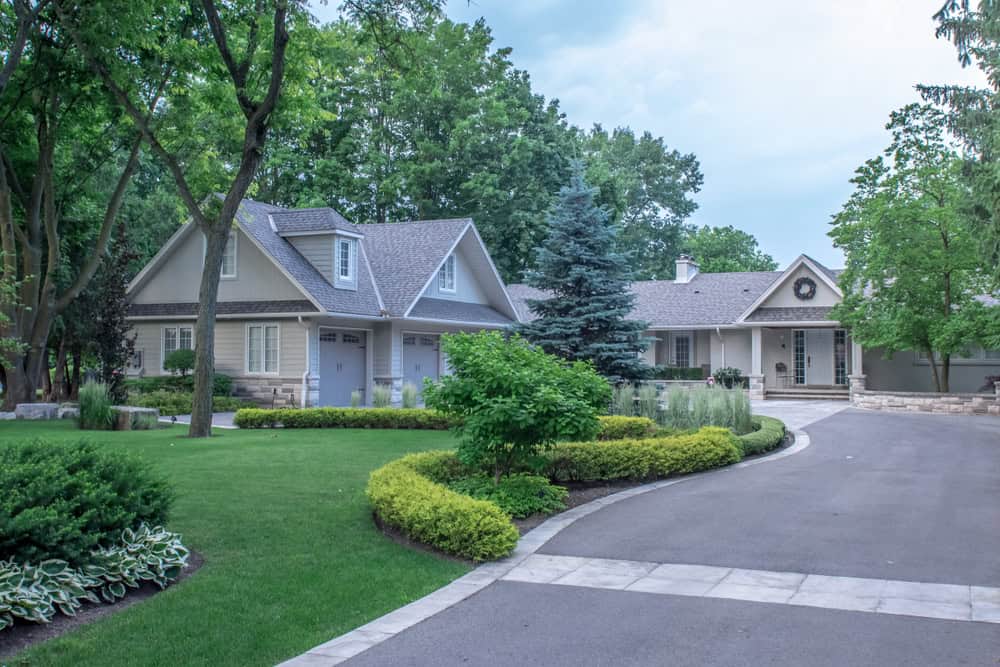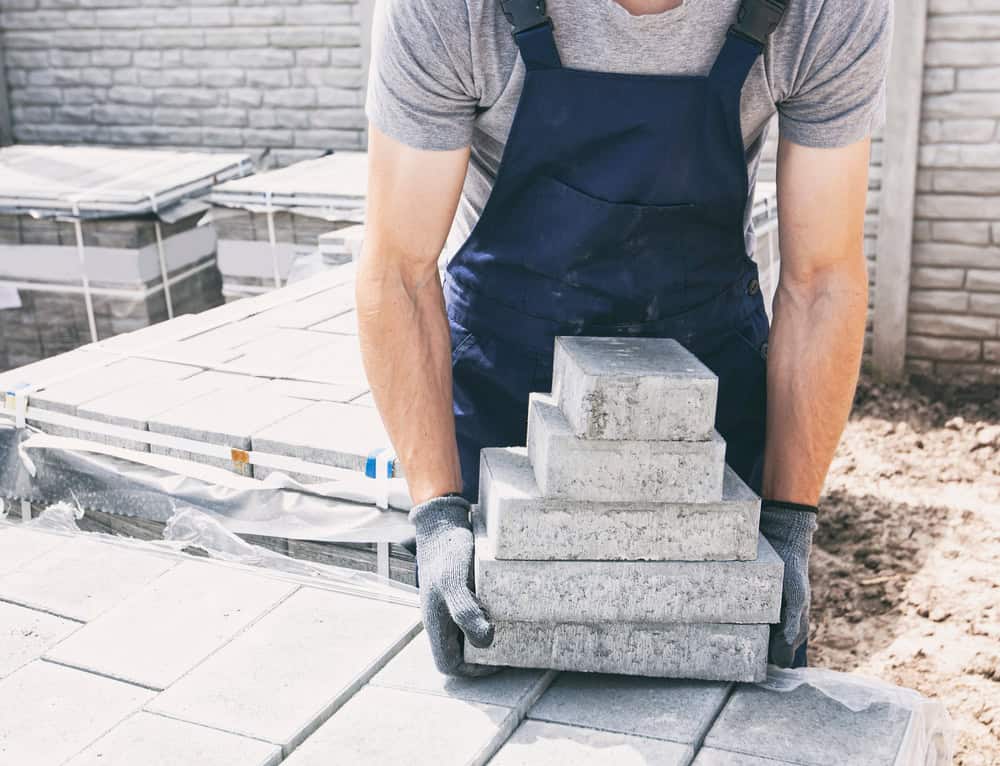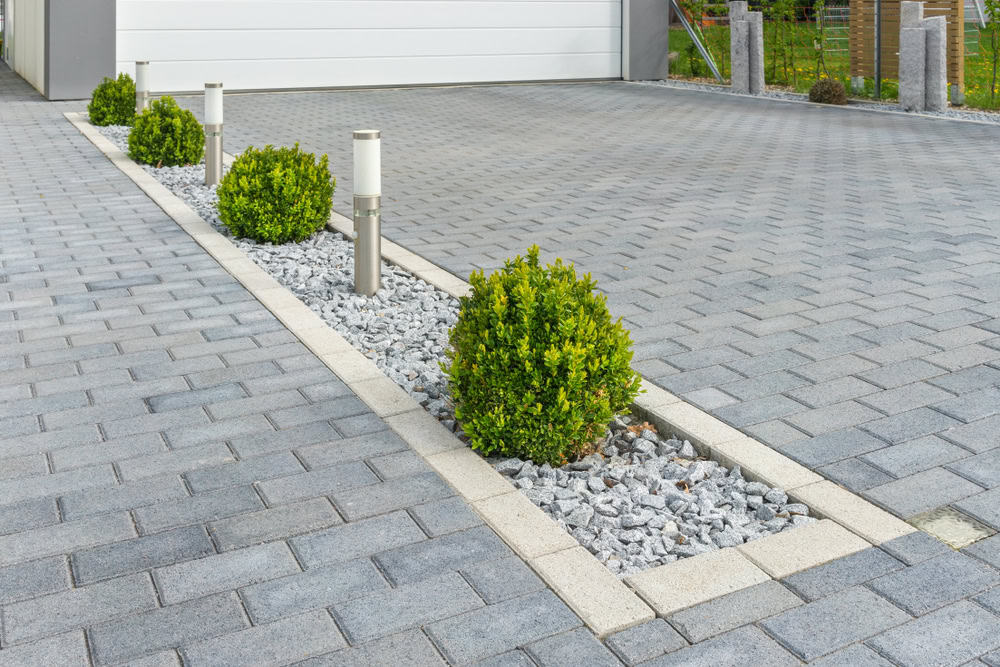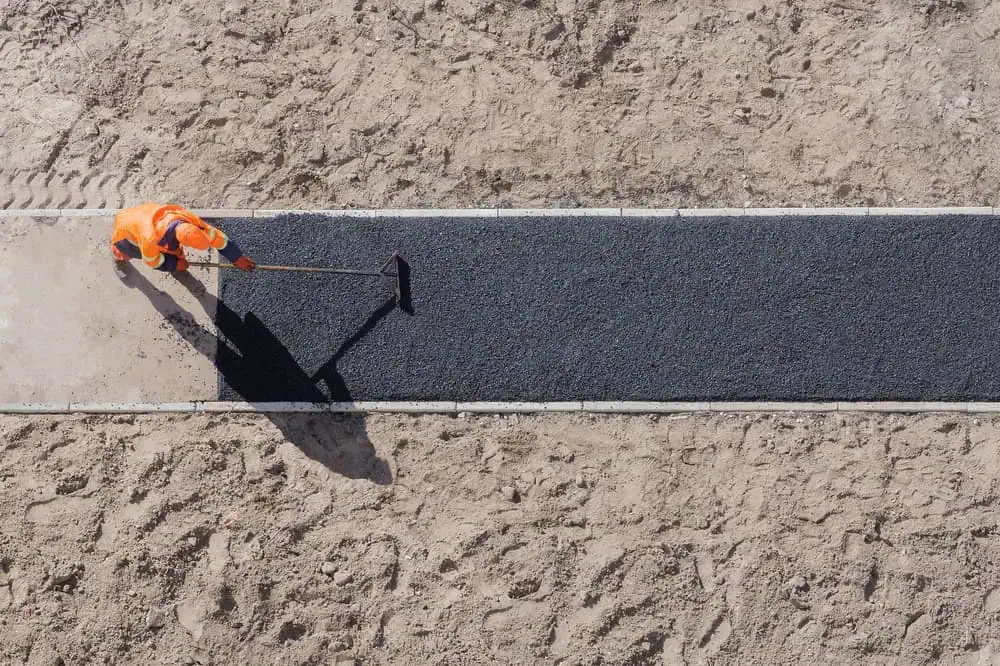Professional paver installation that handles New England weather while creating the backyard you’ve been planning.


Your outdoor space becomes usable year-round, not just when the weather cooperates. Proper paver installation means no more dealing with cracked concrete that turns into ice rinks every winter.
You get surfaces that drain properly instead of collecting water. Individual pavers can be replaced if damaged, so you’re not looking at full surface replacement down the road.
The right paving installation adds real value to your property while creating space your family actually uses. Whether it’s morning coffee on the patio or hosting barbecues, you’ll have outdoor areas that work as hard as your indoor ones.
Academy Masonry has been handling paver installations throughout East Watertown for years. We understand how local soil conditions affect foundation work and which materials hold up best against Massachusetts weather.
Most of our work comes from referrals because we show up when scheduled and finish what we start. We’re not the crew that disappears for weeks or leaves projects half-done.
You’re working with contractors who live in the area and have built relationships with local suppliers. That means better material pricing and faster project completion for you.

We start with site preparation, which is where most shortcuts happen and most problems start. Proper excavation depth and base preparation determine whether your pavers last five years or fifty years.
Base material gets installed in lifts and compacted properly. This isn’t where you want to save time or money. The base does all the work – pavers are just the pretty face on top.
Pavers get installed with proper edge restraints and joint sand. Final compaction locks everything together. You can typically use the space immediately, unlike concrete that needs days to cure.
We clean up completely and walk through the project with you. You’ll know how to maintain your new surface and what to expect long-term.

Ready to get started?
Every paving installation includes proper excavation, base preparation, and edge restraints. We don’t cut corners on the foundation work that determines how long your pavers last.
You get material selection help based on your specific needs. Pool areas need different considerations than driveways. We’ll explain the differences and help you choose materials that make sense for your situation.
East Watertown properties often have drainage challenges. We address water management as part of every project, not as an expensive add-on. Proper slope and drainage prevent the water problems that destroy other installations.
Final cleanup is included. You won’t be left with piles of excavated material or construction debris. We handle disposal and leave your property ready to enjoy.

Local Resources